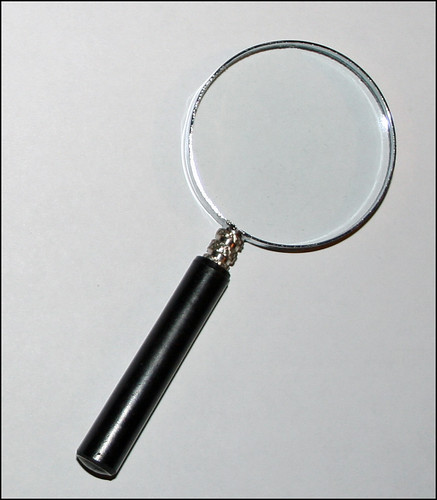If you are going to put together a Reference Toolkit, having been convinced by my article A writer’s Reference toolkit: Why?, what should be included?
 Searching for the right word or phrase is easier if you have a good reference toolkit to hand. Photo by Jeffrey Beall http://www.flickr.com/photos/denverjeffrey/Before getting on to that, a word about whether you even need a physical toolkit; after all, everything is online these days, right? Well, that is true on the whole, but there are a few things to consider I think:
Searching for the right word or phrase is easier if you have a good reference toolkit to hand. Photo by Jeffrey Beall http://www.flickr.com/photos/denverjeffrey/Before getting on to that, a word about whether you even need a physical toolkit; after all, everything is online these days, right? Well, that is true on the whole, but there are a few things to consider I think:
First, not all of the authoritative works are online. There may be extracts from them, and alternatives, but you can’t rely on being able to access everything you want to on the web.
Second, one thing you don’t get as naturally from looking stuff up online as you do when thumbing through a book is what I call the “serendipity effect”. That is to say, while looking up a specific item in a book you can pass something else that catches your eye. That doesn’t seem to happen in quite the same way when searching for something on the internet.
Third, simply the pragmatic point that you may not always be able to get online, or the website you need may be “down” for maintenance at the time.
Even if you’re not convinced by these arguments, and decide that your reference toolkit will be digital, the following suggestions will, I hope, give you some ideas as to what type of websites to bookmark as part of your toolkit.
General works
- At least one dictionary. Why more than one? Because different dictionaries give different examples of usage, or explain the definition in different ways.
- A thesaurus.
- At least one book of quotations. For example, one of general quotations, another of modern quotations.
- A general reference work, such as a cyclopedia.
- A guide to English usage and abusive, and/or…
- … A guide to style, which would also include items like appropriate forms of address, whether particular acronyms should be capitalised or not, and other useful stuff. Note that you will need one specific for your country, unless you intend to write for a readership in a different country.
- A guide to punctuation (but see comment in the preceding point).
Specific works
Depending on your field of writing, the following kinds of reference works could be useful:
- A dictionary of phrases and idioms.
- A reverse dictionary, in which you look up the definition in order to find the word you are looking for.
- A dictionary of Latin phrases or foreign phrases that have made their way into the English language.
- Specialist dictionaries such a medical dictionary, business dictionary and others.
I am always astonished at the sheer range of specialist reference works available, but hopefully this list should get you started!
